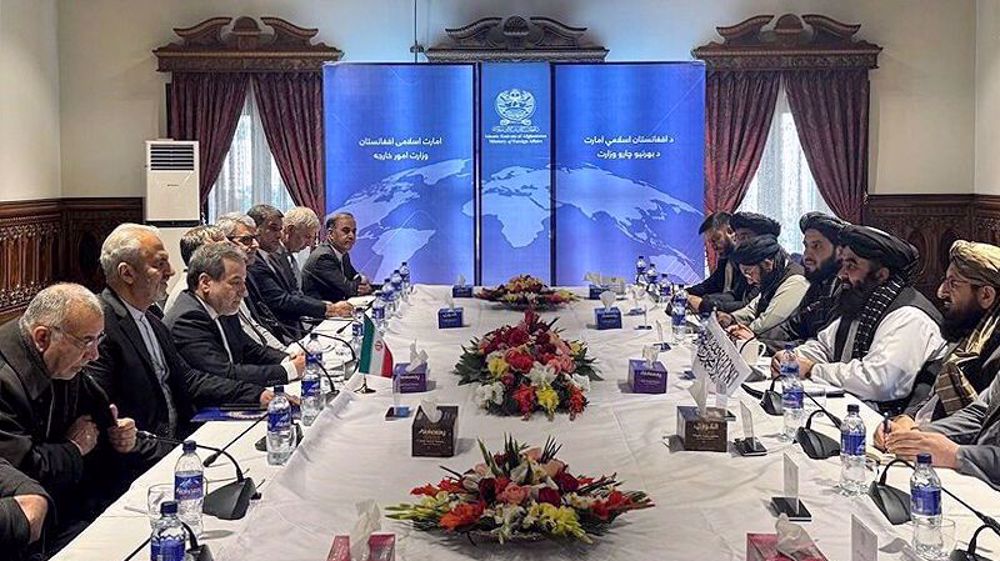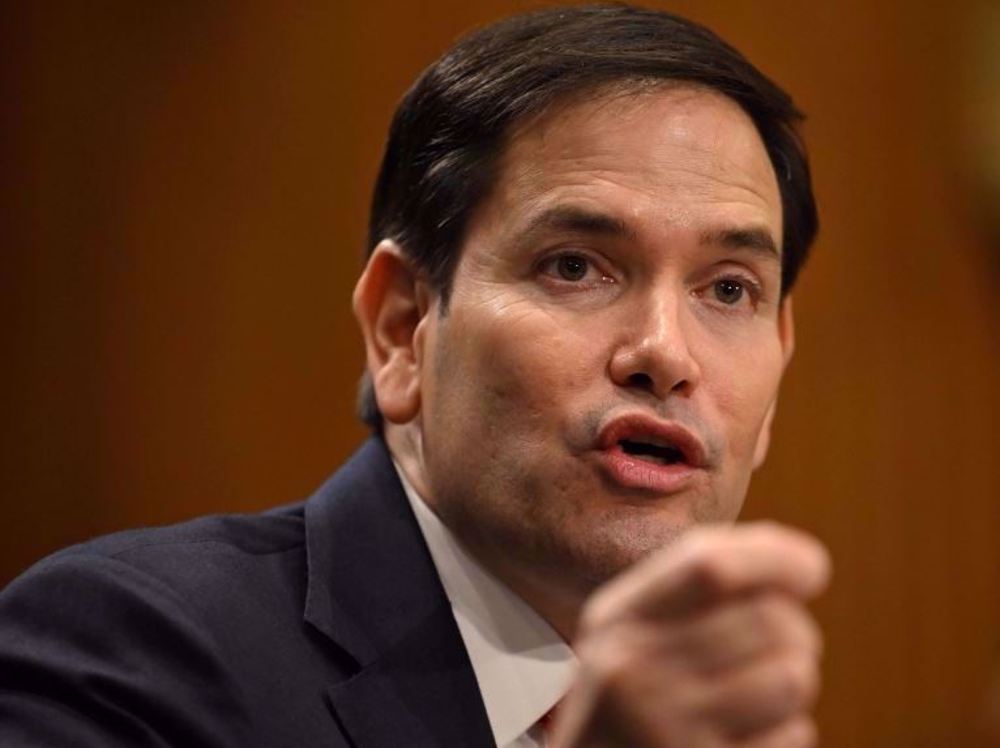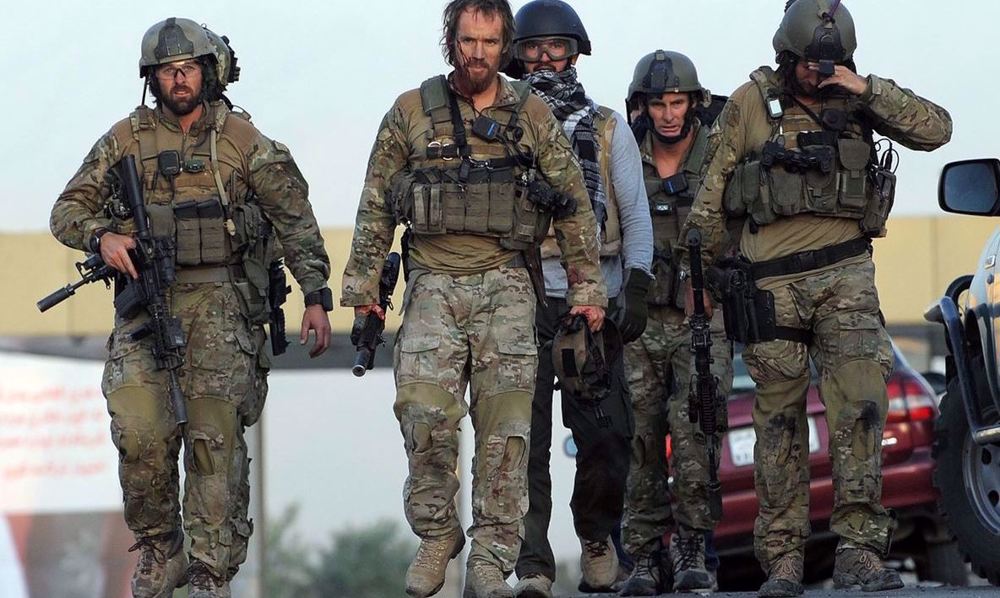UN Security Council drops sanctions against Afghan warlord Hekmatyar
The United Nations Security Council (UNSC) has lifted sanctions against Gulbuddin Hekmatyar, the leader of a militant group in conflict-ridden Afghanistan, some five months after the government inked a landmark peace accord with the strongman.
The move, requested by Kabul, was taken late on Friday by the world body, which said in a subsequent statement that “the Security Council Committee pursuant to resolutions 1267 (1999), 1989 (2011) and 2253 (2015) concerning ISIL (Daesh), Al-Qaida and associated individuals, groups, undertakings and entities removed the name below [Gulbuddin Hekmatyar] from the ISIL (Daesh) and Al-Qaida Sanctions List.”
The Afghan government inked the historic peace deal with Hekmatyar, the leader of Hezb-i-Islami militant group, in September last year, following seven months of negotiations.
Hekmatyar, a former anti-Soviet commander in the 1980s who waged a guerrilla war against the Soviet forces occupying Afghanistan, stands accused of leading militancy that allegedly killed thousands of people, mostly civilians, in Kabul, during the 1992-1996 civil war.
In the wake of Taliban’s reign of terror in 2001, Hekmatyar was designated a “global terrorist” by Washington for his alleged links to al-Qaeda and the Taliban militant groups and was hence forced to go into hiding.
Meanwhile, the government welcomed the move, saying that it was a historic day for the country. In a joint press conference held in Kabul on Saturday afternoon, representatives of both sides praised the achievement.
Mohammad Akram Khpalwak, a political advisor to Afghan President Ashraf Ghani, described the move as "a major step toward peace and stability in Afghanistan." He also urged all other militant groups to join the peace process.
Hezb-i-Islami's chief peace negotiator, Amin Karim, for his part, said both sides were currently working on fulfilling all commitments stated in the peace agreement and that both sides were satisfied with the progress to date.
He also emphasized that the UNSC’s decision showed that political negotiations were the “only logical way to achieve peace in Afghanistan.”

According to the UNSC’s statement, “assets freeze, travel ban and arms embargo set out in … resolution 2253 (2015)” no longer apply to Hekmatyar.
Some Afghans and human rights groups slammed the accord at the time for the pardon it granted to the strongman and many of his militants.
Afghanistan has been gripped by insecurity since the United States and its allies invaded the country as part of Washington’s so-called war on terror in 2001. Many parts of the Asian state remain plagued by militancy despite the presence of foreign troops.
During the past 15 years, the Taliban militants have been conducting terrorist attacks across the country, killing and displacing civilians.
Plane with 2 aboard crashes in Philadelphia and sets multiple homes ablaze
How Ukrainians became cannon fodder in British military’s Krynky debacle
VIDEO | Iran marks 46th anniv. of Imam Khomeini's historic return
Trump to start tariff war with neighbors, Canada vows to respond
US armed, equipped Al-Qaeda in Syria: Tulsi Gabbard
Survey: Gen Z Brits want dictatorship as faith in liberal-democracy weakens
Zakaria Zubeidi: The freed resistance icon from Jenin and occupation’s worst nightmare
VIDEO | Resistance never dies













 This makes it easy to access the Press TV website
This makes it easy to access the Press TV website